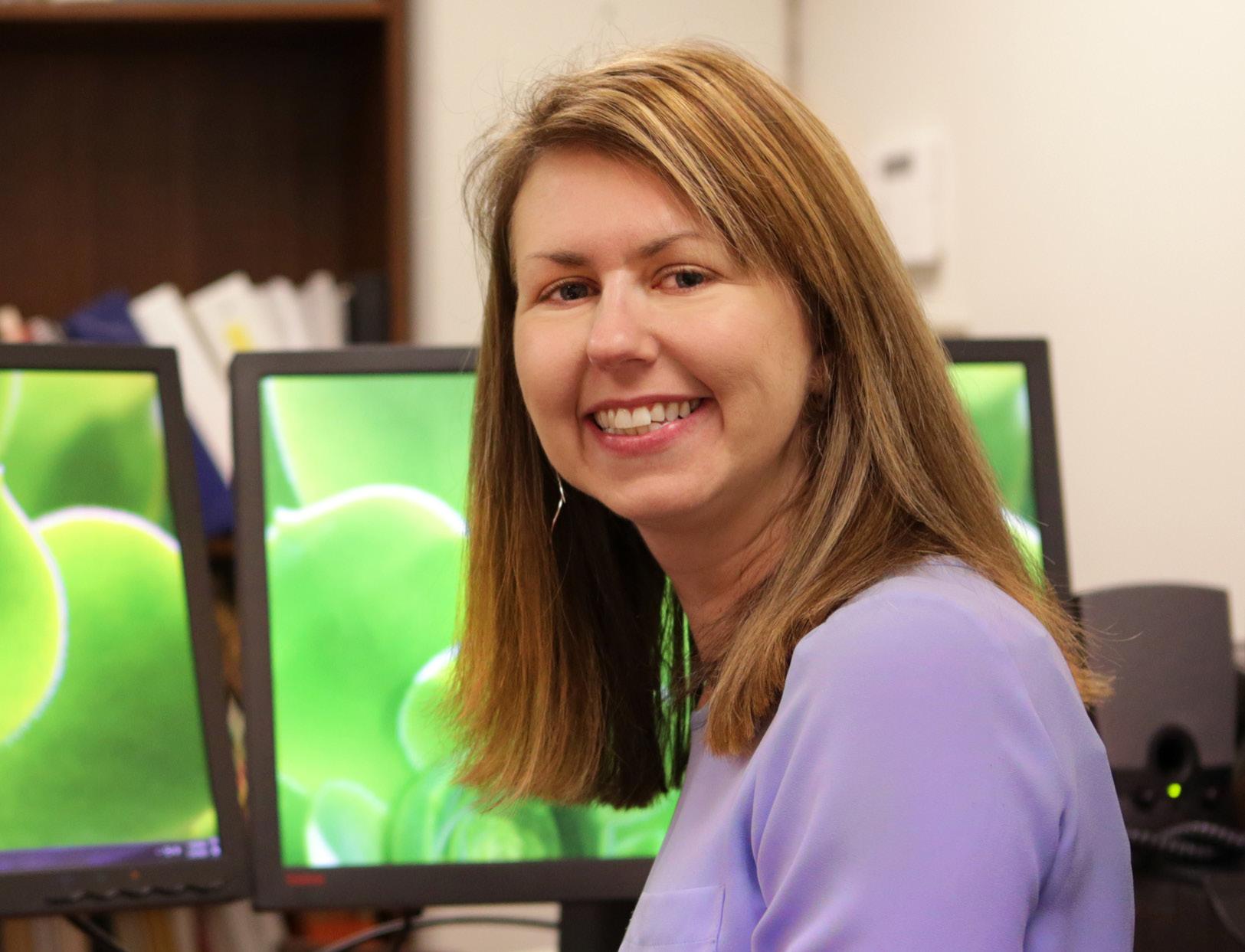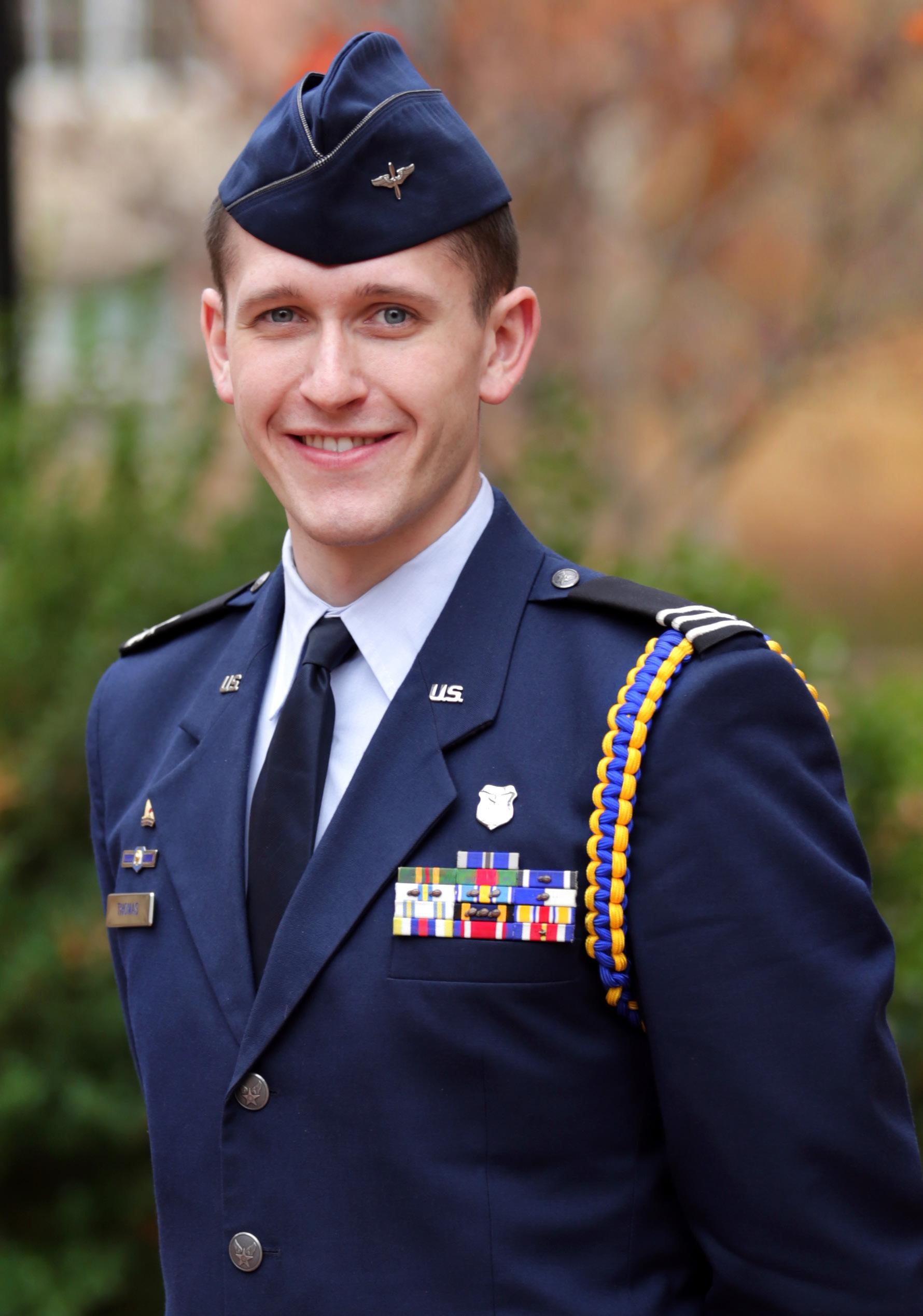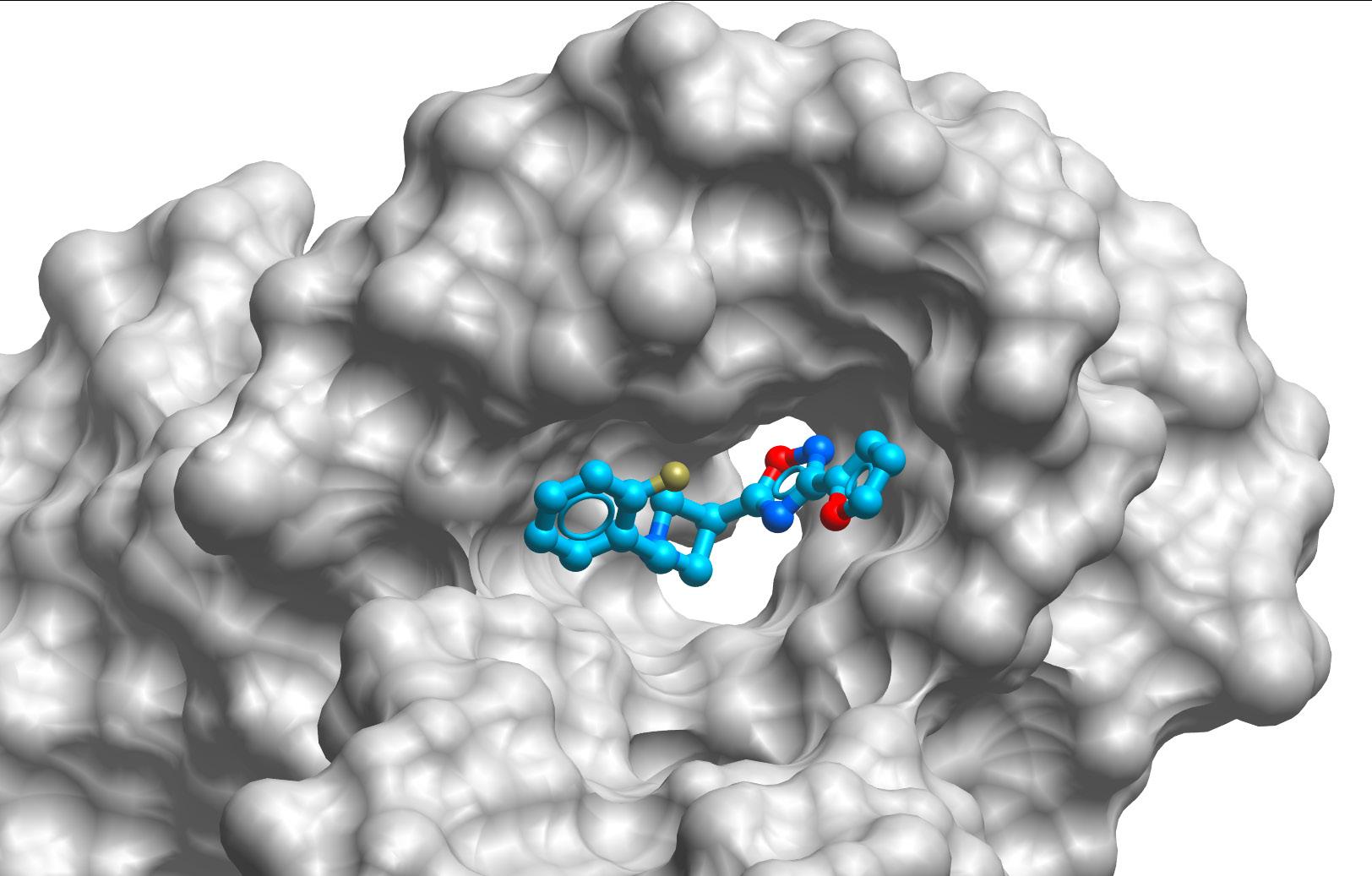
3 minute read
Jillian Dempsey’s Banner Year
from Fall 2017
by uncchemistry
Jillian Dempsey
A BANNER YEAR!
Advertisement
Sitterson Teaching Award
Professor Jillian Dempsey, who began her career at UNC in 2012 and over the past five years has developed a vibrant research program in physical inorganic chemistry, which has been supported by the NSF CAREER Program, Alfred P. Sloan Fellowship, a Packard Fellowship for Science and Engineering, the Department of Energy and an Air Force Office of Scientific Research Young Investigator Award, has indeed had a very
accomplished year. It began by her being awarded the 2017 J. Carlyle Sitterson Award for Teaching First-Year Students.
Sitterson awardees are selected by the University Committee on Teaching Awards, based on input from students, who nominate deserving faculty and graduate teaching assistants for the awards and subsequently oversee the selection process.
The committee chose recipients who promote the value of undergraduate teaching by example, demonstrate concern for students through interaction and approachability inside and outside the classroom, create meaningful learning experiences and maintain high expectations of their students.
“Rewarding student-teacher relationships are the foundation for success at our University,” said James W. Dean, Jr., Executive Vice Chancellor and Provost, at the award ceremony. “Carolina is always proud of its talented faculty, and it is especially satisfying when students help the University recognize the meaningful impact our teachers make to their lives.”
Chemical Education
Later in the year, Jillian published an article discussing the necessity of technical writing in Chemistry. In it, she elaborates on the need for writing skills, which often first becomes pronounced during a chemist’s graduate studies. Beyond writing of manuscripts and a thesis, many graduate programs require students to write original research proposals in order to cultivate skills associated with proposing new ideas. This requirement is particularly helpful for those students who go on to be academic faculty because writing grants and proposing new research is a crucial part of running a laboratory.
In the article, Jillian points to the plethora of writing requirements and expectations for graduate students, which continues into their professional careers, particularly for academic chemists, and raise an important question: when do students learn the necessary skills, particularly good grant-writing skills? A number of undergraduate-level writing courses or inclass exercises have been proposed. However, states Jillian, it is unclear what percentage of students have exposure to these classes.
Jillian’s work, written with former graduate student, Brian McCarthy, was published in the Journal of Chemical Education and introduce a graduate-level course, now featured in the Carolina Chemistry curriculum, focused on writing original research proposals to address the uneven preparation in technical writing of new chemistry graduate students. The general course structure features extensive group discussions, small-group activities, and regular in-class small-group peer review.
Since the introduction of this course, it has been found by student surveys, faculty feedback, and student success in winning graduate fellowships, that the course is a valuable graduate Professor Jillian Dempsey in the midst of her research group education component. The work details course structure, pedagogical approach, and course evaluation.
STEM Grant
Later in the year, Jillian Dempsey was named the principal investigator for a $300,000 grant from the Clare Boothe Luce Program. This grant will support three new graduate fellowships for women in Chemistry who are aspiring to tenure-track academic positions at UNC-Chapel Hill. Concurrently, the University has committed to an additional fourth fellowship. The Graduate Fellows will be provided with structured mentoring, professional development opportunities, and travel funds to attend conferences to present their research and network.
“The attrition of women in chemistry pursuing academic careers is startling, and research has shown that lack of both mentoring and female role models are major factors influencing women’s departure from the tenure track,” says Jillian. “At UNC, we have done a great job recruiting women to our graduate program in chemistry and supporting them as they pursue their degrees. With help from the Clare Boothe Luce Program,

we will be able to pilot enhanced mentoring and professional development opportunities designed to narrow the gap between degrees awarded and women in tenure-track academic positions.”
Family Addition
And as if the year was not busy enough, Jillian and her husband also welcomed their first child, a baby boy named Orin, on April 12th. Orin has already made appearances at regional and national American Chemical Society meetings, and has a set of periodic table blocks to help him master chemistry basics.










